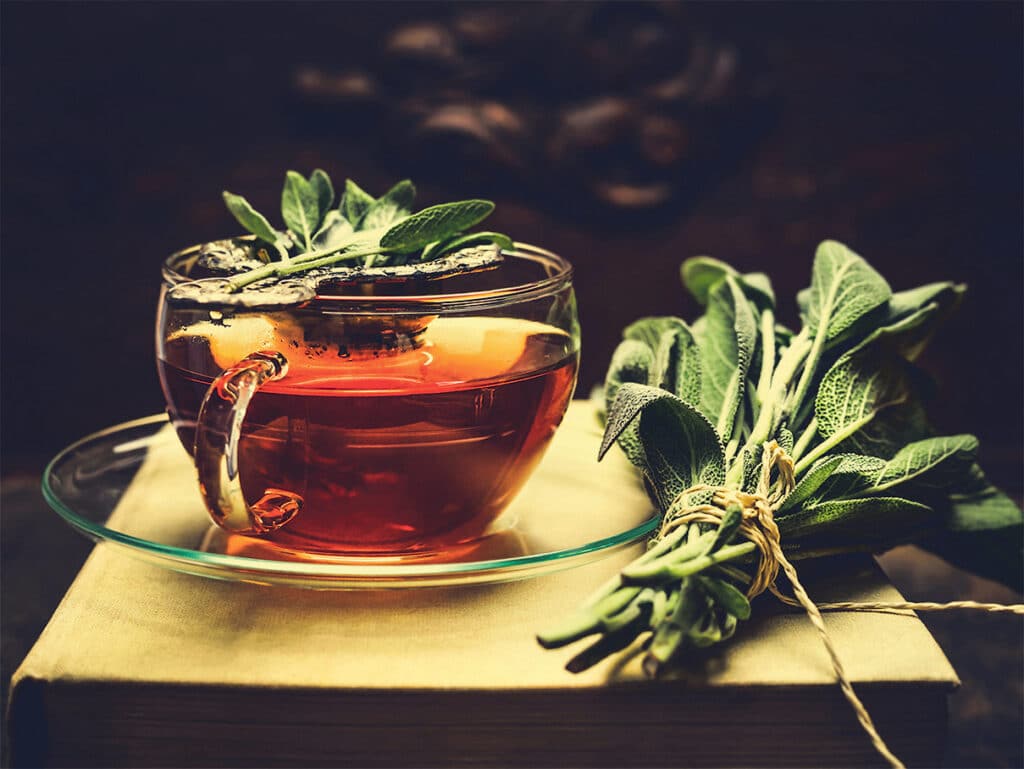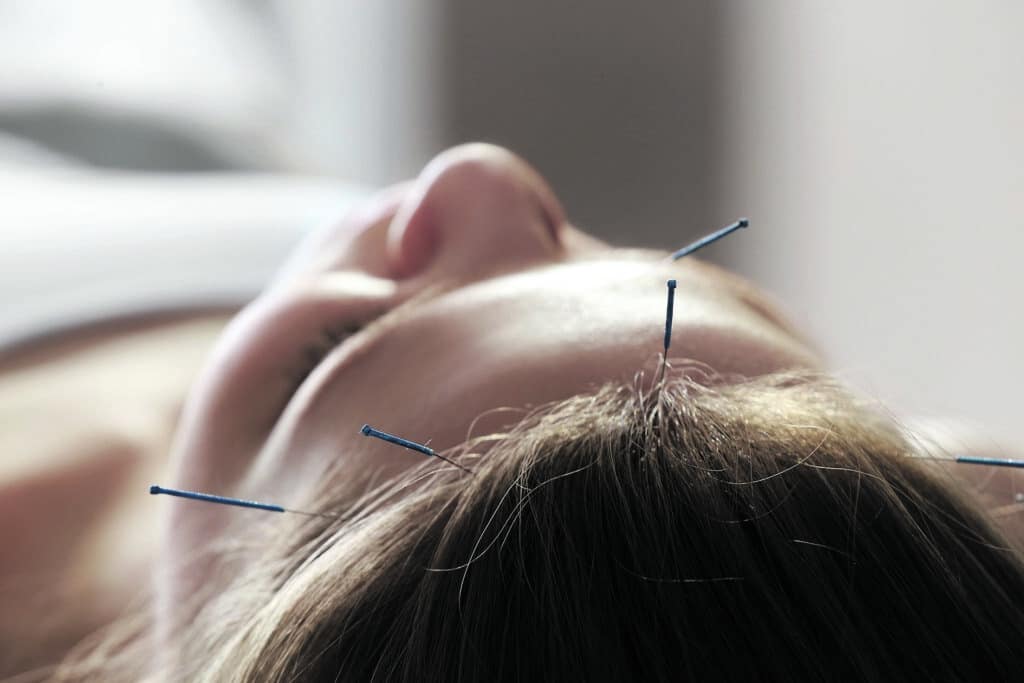
The menopause is one of those life events that trigger fear and apprehension in some women, while for others it is a welcome relief from premenstrual issues as well as menstruation itself. From a medical perspective, if a woman has not had a period for twelve consecutive months it is assumed that that she has gone through the menopause. It is the end of the reproductive years of a woman’s life and is caused by changing levels of oestrogen and progesterone, two female hormones made in the ovaries. These changing hormone levels lead to symptoms like hot flashes and vaginal dryness.
Needless to say, it is a normal part of the aging process, and this is where one of the problems of the menopause arise, which is one’s own perception of it. Most men can sail through their 50s thinking they are still the same handsome figure of earlier years, but the menopause is like a jolt to a woman’s psyche and may be viewed positively or negatively. After the menopause, a woman has left a crucial part, namely the reproductive years, of her life behind, and is now entering the age of the ‘Cailleach’, the Irish goddess associated with the season of winter. This transition can be viewed can be viewed positively if children are reared, independent and relatively self-sufficient. From this perspective, it is important to realise that from 50 to 80 years of age is the same length of time as from 20 to 50 years. With modern health care, good diet, and social life, these 30 years may be viewed, not as old age, but a long and fruitful transition to becoming a venerable elder at 80 years plus. Despite this long timespan (30 years), we do very little to plan or prepare for this second half of our life, which as women we can truly call our own. The perimenopausal years are then a time to reflect, evaluate and plan for the coming decades.
The symptoms of the menopause are familiar to most women and include hot flashes, night sweats, vaginal dryness, urinary urgency, sleep difficulties, mood swings, and dry skin. Other symptoms include a racing heart, muscle aches and pains, and changes in libido (sex drive), memory lapses, weight gain, hair thinning, as well as increased facial hair. In the perimenopausal stage, (while one is still menstruating) breast tenderness and PMS may get worse, and periods may become lighter and more irregular.
All these symptoms are enough to trigger nightmares and for many women they are really debilitating. Experiencing one or more of them is like travelling through a long, dark tunnel of misery before the freedom that comes with post-menopausal years.
What can be done about these symptoms if they impinge on daily living?
Hot flashes can be triggered by, caffeine, smoking, spicy foods, alcohol, tight clothing, stress, anxiety, and hot weather. So, all of these need to be reduced and if stress is an issue, identify the cause and take steps to reduce or eliminate it. Yoga, meditation, walking, forests, sea swimming are all good antidotes to stress and anxiety.
Memory lapses are reduced by doing crosswords, playing cards (join the local bridge club), less television, exercise and reading. Bingo is also useful, as it improves cognitive ability. It does this by improving the brain’s processing speeds, alertness, and memory: The listener has to have the ability to look for numbers quickly, many times across multiple cards. Bingo also improves hand-eye co-ordination, with the social aspect of bingo is also a positive factor.
Are there herbs for dealing with menopausal symptoms?
The answer is yes, and the first of these is cold sage tea. Make tea as one does normally but instead of a tea bag, add a handful of sage leaves to a ceramic tea pot. Let it draw for 10 minutes and then strain. Let it cool to lukewarm, or even cold, before drinking it.
Hot flashes may be reduced by eating soya products, but these MUST BE minimally processed foods like organic tofu, tempeh, natto, miso, and edamame. There is a danger that eating highly processed soya products can affect thyroid function and lead to increased TSH (sign of hypothyroidism). Some studies have shown,
“The chances of having a high TSH were quadrupled in those who ate, on average, just under two servings a day [of soy foods] compared to those who didn’t eat any,” says study leader Serena Tonstad, MD, PhD, professor of public health at Loma Linda and a preventive cardiology physician in Norway.
However, other studies have shown no clinical effect on thyroid function. Possibly, like many foods, the least processed the better, which is why I recommend the soya foods above.
Other herbs include Black cohosh (Actaea racemosa), a herb from the Native American tradition, which may also be beneficial for sweats and hot flashes.
Red clover, (Trifolium pratense) is abundant in lawns at the moment and this is also good for sweats and hot flashes. It is also effective at preventing bone loss, which is another very good reason to encourage its growth in your garden.
Flax seeds (Linum usitatissimum), These plant compounds have chemical structures and functions similar to those of the hormone oestrogen. Flax is sometimes used to alleviate menopause symptoms like hot flashes and bone loss due to its supposed oestrogen-like activity. It is very easy to sprinkle flax seed into smoothies or add it to muesli.
The final herb I will mention is Chasteberry (Vitex agnus castus). A recent study has shown significant reduction in anxiety and hot flashes, but no improvement in depression or sexual dysfunction associated with the menopause. Chasteberry is generally considered safe, but mild side effects like nausea, itchy skin, headache, and digestive distress are possible. You shouldn’t try it if you take antipsychotic medications or drugs for Parkinson’s disease.
Needless to say, if over-the-counter remedies, or homemade teas, do not solve menopausal symptoms, professional help may be obtained from your health care provider.



